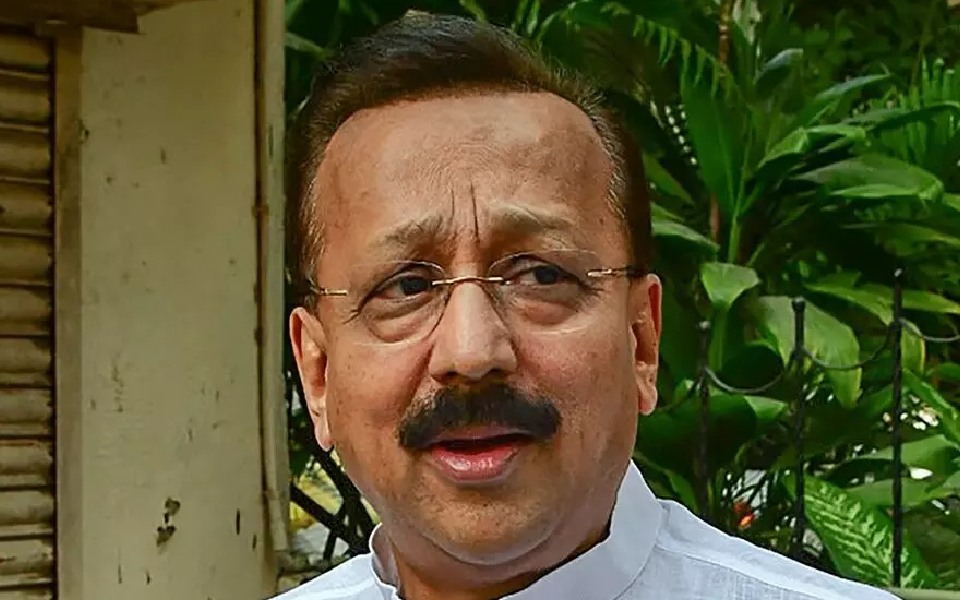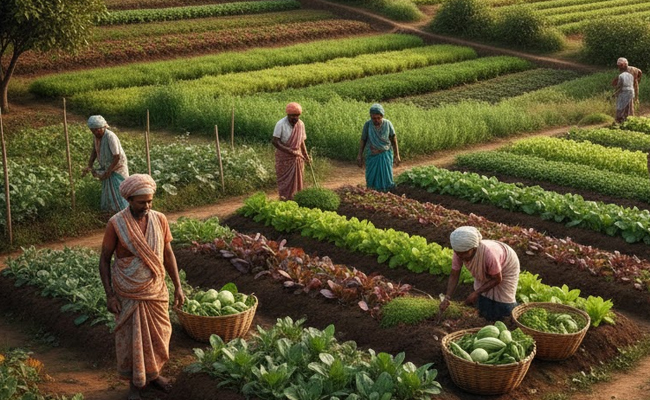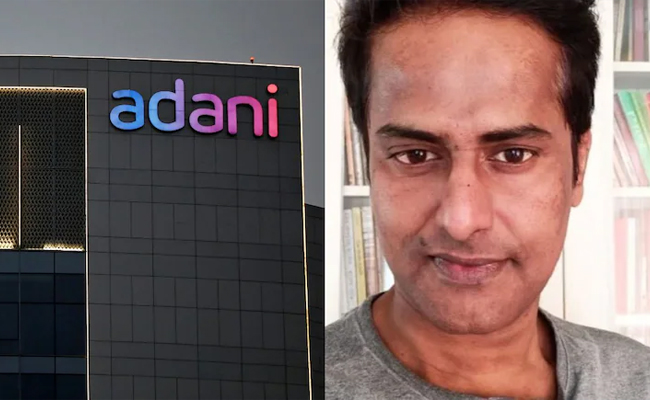Mumbai, Oct 12: NCP leader and former Maharashtra minister Baba Siddique died in hospital after being shot by three men in Mumbai's Bandra East area on Saturday night, officials said.
Two persons were arrested immediately after the incident that took place outside his MLA son Zeeshan Siddiqui's office near Colgate ground in Nirmal Nagar, they added.
In a condolence message on X, deputy Chief Minister and Nationalist Congress Party chief Ajit Pawar described the attack as extremely unfortunate and condemnable.
"I was shocked on learning that he died in this incident," Pawar said, adding that he had lost a good friend and colleague.
"We have lost a leader who fought for the minority community and championed secularism," he said, adding that a thorough probe would be conducted into the attack.
Chief Minister Eknath Shinde earlier said Mumbai police commissioner Vivek Phansalkar had told him that two alleged shooters have been taken into custody.
One of them is from Uttar Pradesh and the other from Haryana, while a third accused fled from the spot, the CM told TV channels.
Deputy Chief Minister Devendra Fadnavis, who also holds the home portfolio, arrived at Lilavati Hospital where Siddique was admitted.
Siddiqui, a three time-former MLA, had recently joined the NCP after quitting the Congress.
राष्ट्रवादी काँग्रेसचे नेते, माजी राज्यमंत्री, विधिमंडळात प्रदीर्घकाळ राहिलेले माझे सहकारी बाबा सिद्दीकी यांच्यावर झालेल्या गोळीबाराची घटना अत्यंत दुर्दैवी, निषेधार्ह आणि वेदनादायी आहे. या घटनेत त्यांचं निधन झाल्याचं समजून मला धक्का बसला. मी माझा चांगला सहकारी, मित्र गमावला आहे.…
— Ajit Pawar (@AjitPawarSpeaks) October 12, 2024
Let the Truth be known. If you read VB and like VB, please be a VB Supporter and Help us deliver the Truth to one and all.
Nuremberg (PTI): India is the place for large-scale organic production and the country is keen to collaborate with the EU to strengthen this ecosystem to cater to rising demands, Commerce Secretary Rajesh Agrawal said here on Tuesday.
Agrawal also said that India's organic products exports have grown threefold over the last 10 years, and the government now aims to triple them again over the next five years.
"India is the place" to serve the world as a good organic food basket, he said, adding that India has 150.3 million hectares of agricultural land under cultivation.
He said that the organic ecosystem is growing very fast in the country, as today, 3 per cent of India's cultivation is organic.
In India, 4.7 million hectares of land is under organic cultivation, with 2.4 million farmers practising it, and it is only increasing by the day, he said.
The Secretary was speaking at the inauguration of Biofach 2026. About 100 exhibitors from 20 Indian states, including Assam, Meghalaya, and Kerala, are here to showcase their organic food products at the world's leading trade fair Biofach show (February 10-13).
He informed that India is emerging as a credible supplier of organic food, both within India and outside.
"I see this happening in a much faster manner. So if world needs the state for organic production, I think India is the place, and we like to work with all of you to see how we can improve the Indian organic food ecosystem to serve both the Indian rising demand within India and also the rising demand in two of our biggest markets," he said.
He called for creating credibility around organic foods. There is a need to ensure trust and credibility around the certification of these products.
India started with the national programme for organic production way back in 2001 and that was designed to adopt the international standards of organic goods.
"And now we are bringing in cooperatives in a big way," he said, adding that cooperatives can bring in and aggregate farmers to create good, viable organic ecosystem in various villages across the country.





